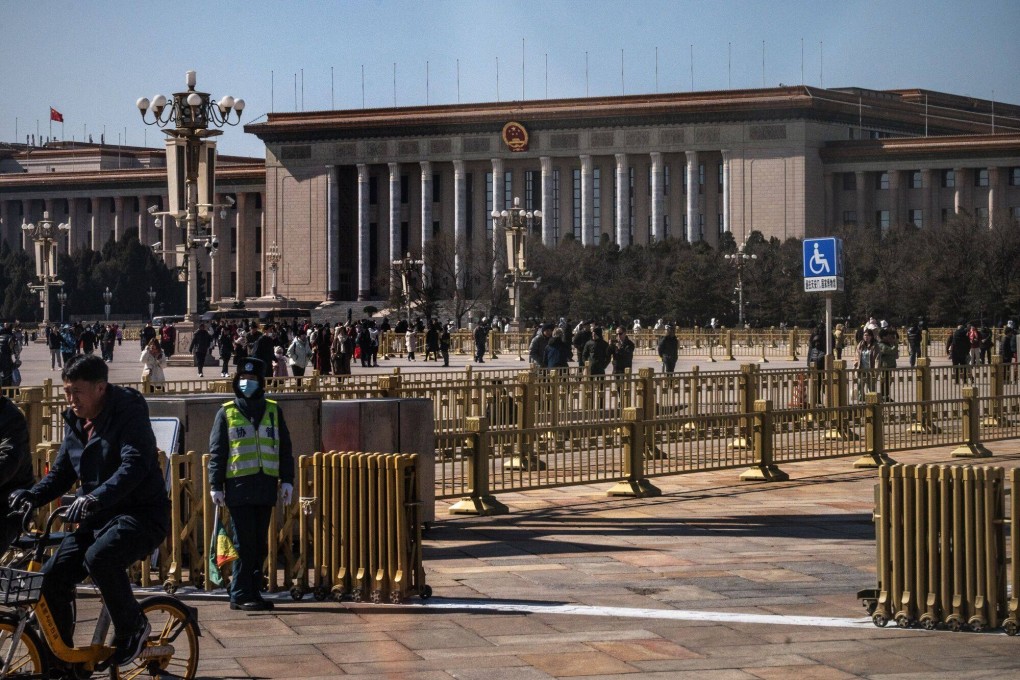China’s ‘two sessions’ 2024: Hong Kong delegates to raise ways to keep city unique, help mainland companies go global
- Annual political meetings happening at a time when Beijing, Hong Kong need to spur sluggish economies
- National security not on the agenda but ‘still a consideration when Beijing assesses Hong Kong policies’

Hundreds of Hong Kong politicians and tycoons are heading to Beijing on Sunday for China’s biggest annual political gatherings and will meet top officials and policymakers face to face with few Covid-19 curbs in place for the first time in four years.
Chief Executive John Lee Ka-chiu will leave for Beijing on Monday to attend the opening meeting of the NPC, the national legislature, the following day and will also call on central ministries to enhance cooperation and exchange, according to the government.
Lee will also witness the signing of cooperation documents between the Hong Kong Jockey Club and the National Health Commission and the Health Bureau, respectively, on strengthening the training of healthcare talent and commencing projects on prevention and response against local communicable diseases.
He would be joined on the trip by financial services chief Christopher Hui Ching-yu and health minister Lo Chung-mau, a government spokesman said on Saturday.
Known as the “two sessions” meetings, or lianghui, the gatherings come at a time when mainland China and Hong Kong are grappling with sluggish economies and need fresh moves to reinvigorate growth in the face of domestic and external challenges.
The Hong Kong delegates have prepared hundreds of proposals to raise at the meetings, many centred on ideas to attract more mainland tourists, strengthen cross-border integration, and how the city can help mainland companies go global.